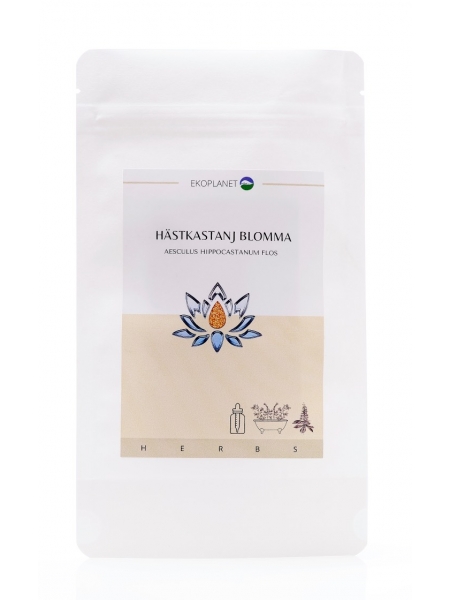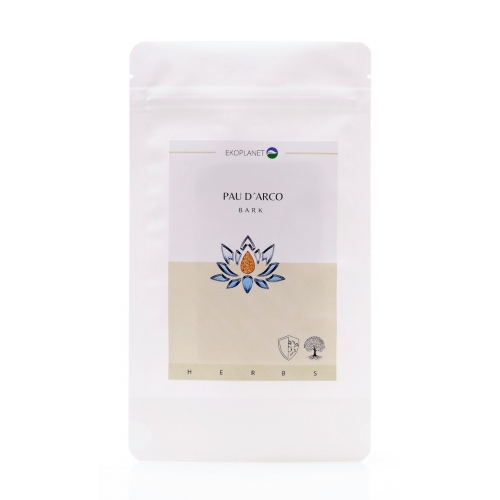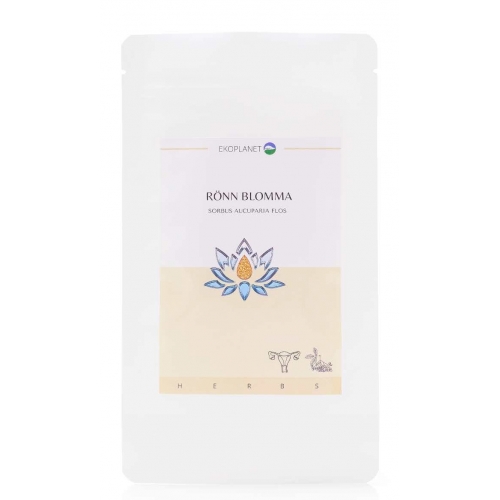Horse chestnut flowers- Aesculus hippocastanum flos 100g
Horse chestnut ( Aesculus hippocastanum ) is a tree found in many streets and parks in our cities, which is easily recognized due to its large size and beautiful pyramidal flowers. Chestnut flowers contain many active compounds, including flavonoids, coumarins, tannins, saponins, sugars, polyphenolic acids and carotenoids
Comparative price: SEK 790/kg
Horse chestnut occurrence
The horse chestnut is a tree found in many streets and parks in our cities, easily recognized by its large size and beautiful pyramidal flowers and large, spiky, inedible fruits. Thrives best in strong, nutritious and constantly moist soil. Beautiful care tree.
What is horse chestnut good for?
Chestnut flowers contain many active compounds, including flavonoids, coumarins, tannins, saponins (especially aescin), sugars, polyphenolic acids and carotenoids, but also vitamins and minerals.
Aescin and flavonoids found in chestnut flowers delay blood clotting, thin it and reduce its viscosity.
Chestnut extract is also used in cosmetics for mature and sagging skin, as it improves its tension.
Contraindications
Horse chestnut flowers (as well as other parts) should not be eaten raw, as they contain a harmful substance - aescin. Horse chestnut flowers are also not recommended for pregnant and nursing mothers and people with acute kidney failure. It should be remembered that long-term use of horse chestnut preparations can cause burning, nausea and headaches.
Keep in mind that the fruits of the horse chestnut, i.e. the pilonga chestnuts, are not edible because they contain a substance that is poisonous to humans.
Ingredients: Dried horse chestnut flower (aesculus hippocastanum flos)
Dosage: 1 teaspoon of flowers to 2.5 dl of hot water. Leave for 5-10 minutes. Strain and drink up to 3 times a day 30 min. after meal.
Storage: Store in a dry and dark place, out of the reach of small children.
Country of origin: Poland
ATTENTION!
Do not use the herb during pregnancy, breastfeeding and for children. Also, do not use if you are allergic to the herb. The herb should be avoided by people with acute kidney failure. Horse chestnut flowers (as well as other parts) should not be eaten raw, as they contain a harmful substance - aescin.














